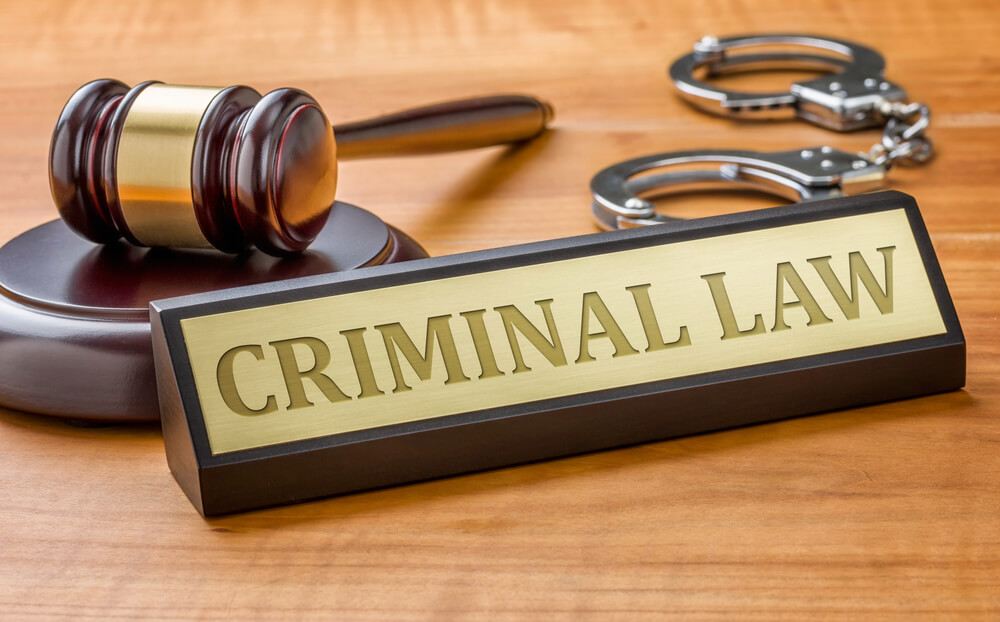Do you need to hire a defense criminal lawyer? If so, you’re probably not surprised to hear that it can be an overwhelming process. There are endless advertisements for local attorneys, and narrowing down your search can be challenging. One of the best ways to determine if a criminal defense lawyer is right for you is to ask the right questions at your consultation. Below you’ll find a list of the top questions to ask a defense criminal lawyer and what you can learn from each one.
- How long have you been practicing law?
It’s important to get a general idea of their experience as a lawyer. Of course, the more expertise they have, the better your chances of achieving a successful outcome. This should always be the first question to ask a criminal defense lawyer.
- How much of your caseload is dedicated to criminal cases?
An attorney may have decades of experience in law, but if they don’t have experience in criminal cases, this could put you at a disadvantage. You want to be sure that your lawyer has extensive criminal law knowledge and has dedicated several years to criminal cases.
- Are you a member of any professional organizations?
It can be helpful to ask a criminal attorney if they belong to professional organizations or have received awards for their work in criminal cases. Awards and memberships can be significant signs that they’ve established themselves as a trustworthy and credible legal resource.
- Have you ever handled a case like mine?
The more experience they have with your specific charges, the easier it is for them to design a powerful defense strategy for your case.
- How often do your cases go to trial?
There are two reasons why you want to ask about how often their cases go to trial. First, if several of their cases go to trial, it could be a red flag. Trials are typically expensive and time-consuming. Sometimes the best path for a defendant is to identify the best plea deal with minimal penalties. If this lawyer goes to trial often, they may not be the best negotiator or investigator.
However, if your case does go to trial, you certainly want to have a lawyer with trial experience. Try to find an attorney that has a balance of negotiating skills to help you avoid a trial but enough trial experience to defend you in those circumstances.
- Will you be the lawyer handling my case?
More often than not, defendants will meet with big-name lawyers who make many promises, only to get passed aside to an associate. Always ask if they will be the criminal defense lawyer handling your case.
If not, be sure to ask who will be your main point of contact throughout the process. If you’re paying top dollar for a seasoned attorney, be sure that’s the attorney managing the case.
- What’s your success rate?
Veteran attorneys will be able to provide statistics and success rates immediately. This can help you determine the likelihood of achieving a positive result.
- What kind of defense strategy do you see for my case?
If an attorney has a lot of experience fighting your criminal charges, they should be able to provide an overview of a defense strategy that has proven to be successful in the past.
- What are my options?
Asking about your options, your best-case scenario, or even your worst-case scenario can shed light on the best way to move forward.
- Is there anything I can do to help my case move forward?
It can be constructive to ask about your role in the case. Is there any information you can provide to make their job easier? Are there any steps you can take now to create a more positive outcome later? Don’t be afraid to ask about how you can assist your lawyer.
- Do you have experience as a prosecutor, or are you familiar with the prosecutor’s team?
Former prosecutors make excellent criminal defense lawyers. When a defense attorney can view the case from another perspective, it can help with negotiations, compromises, and building defense plans.
If they don’t have previous experience as a prosecutor, they must be familiar with the current prosecutor and how they typically operate.
- Are you accessible? How often will we speak throughout the case?
You want to know your attorney’s communication style. Will you be checking in once a week? If so, how will you be contacted? What if you have a question or concern? Will you be able to reach them?
- Can you show me any previous client reviews or testimonials?
You can learn a lot from reading client reviews and testimonials. If you speak with previous clients, be sure to ask about their experience with this attorney.
- What are your fees? How are they broken down?
It’s important to keep track of your budget. Some attorneys will charge by the hour, while others will charge a fixed or flat fee. Gather as much information as you can about how payments are broken down and any additional costs that you may accrue.
- What happens next?
Facing criminal charges can be a long, exhausting, and stressful experience. Breaking down each part of the criminal justice process can help you digest each step at a time. Your potential criminal defense lawyer should be able to tell you how they plan to take action.
Asking the right questions at your consultations can guide you towards the best lawyer for you. The more questions you ask, the clearer your legal picture will be.
